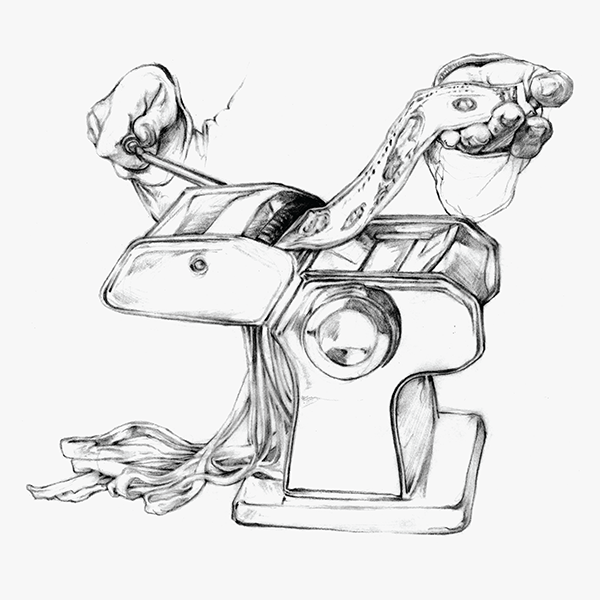Grow Your Change
‘Banking with a conscience’ – a new frontier in regenerative finance.
As the readership of Prairie Routes Research steadily expands, it is attracting many new readers involved in investing. With that, let’s turn our attention to the banking sector.
‘Grow your change’ is the motto of a new bank in New York State, Walden Mutual, that deploys funds exclusively to finance growth and infrastructure for local farms and food chain stakeholders. Based on his experience starting Walden Local, a pasture-raised local meat distribution business, founder Charlie Cummings identified the need for dedicated banking services to support small farms and the regional food economy, that is common in so many regions.
In this excellent podcast from Investing in Regenerative Agriculture and Food, the role of small local cooperatively owned banks becomes abundantly clear. It’s not that we don’t have credit unions and agriculture-focused banks already, but in most cases, they are just as massive and oligopolistic as the grain and food multinationals, the life sciences and seed companies, etc., and therefore crippled to lead change.
It’s All in the Accounting
The legacies and internal reporting structures of existing banks make it difficult for new, small farms to gain access to long-term loans for starting a farm at an economically viable size, and/or to expand. In the podcast, Cummings explains how accounting could be a silver bullet for food systems regeneration, forcing management teams to measure and reverse negative externalities caused by the corporations’ business.
Accounting for the positive externalities brought about through managed grazing would go a long way to reversing the relative credit scores of different types of farms. Offering depositors this new layer of connection with regional farms and food systems is a brilliant new way to enable conscious deployment of capital, and it appears to be working with $60 million in assets in Walden Mutual in just its first six months.
The bank’s governance structure ensures that lending decisions remain squarely focused on the mission. And the owners – the depositors – can act out their values in the form of short-term capital investment decisions.
Banks are basically in the business of taking deposits from some people, and lending that money out to others. Short-term bank deposits matter more than most investors realize in terms of their impact in the economy, and thus on the environment that it operates within.
Impact Limitations of Big Banks
In Canada, it is understood that big banks are heavily exposed to the oil and gas sector, and will have a difficult reckoning with their investors when Scope 3 emissions reporting and ESG regulations come into force. Unfortunately, no matter how many panel discussions, social media posts, and meetings they have about soil health, it is clear that the leadership is still focused on simple ideas rather than impact.
In the absence of true accounting and the visibility of financial statements, annual ‘impact reports’ understandably read like marketing materials, full of made-up statements and buzzwords. Meanwhile, Walden Mutual’s loan portfolio already includes entrepreneurs and companies across the local food chain, including farms, distributors, processors and consumer brands.
Starting up a bank is fraught with regulations and certainly many frustrations, but it’s hard to imagine a sector with more potential to change economic signals to businesses for the better. And while it might not feel like it to the founders and stakeholders of Walden Mutual, this bank has very quickly introduced financial resiliency to the local food economy, while the big banks look like they hardly know where to start.
One has to wonder, when will they start? Established lenders facing the new world of Scope 3 and ESG reporting find themselves holding debt and deposits from across the spectrum of agricultural polluters - wealthy supply-managed confined animal feeding operations (CAFO’s) and publicly-traded fertilizer manufacturers, to name just two examples.
Summary
The idea of small and new banks being designed expressly for the purpose of backing farms and food producers is incredibly hopeful. And it’s not that big of a leap from the internal financing that already occurs in some food supply chains.
Companies understand that accounts receivable and deferred financing are worth big bucks in interest, especially in the current rate environment, which is why technologies like blockchain that offer instantaneous farm payments have struggled to take hold while traditional banking has thrived.
A new banking philosophy that intentionally sets up the ability for external financing is a viable and replicable solution. When it comes to regional food systems, best practices for soils and watersheds may be context-specific… but inventory management, marketing, storage and distribution are the same everywhere.
Photo courtesy of waldenmutual.com


